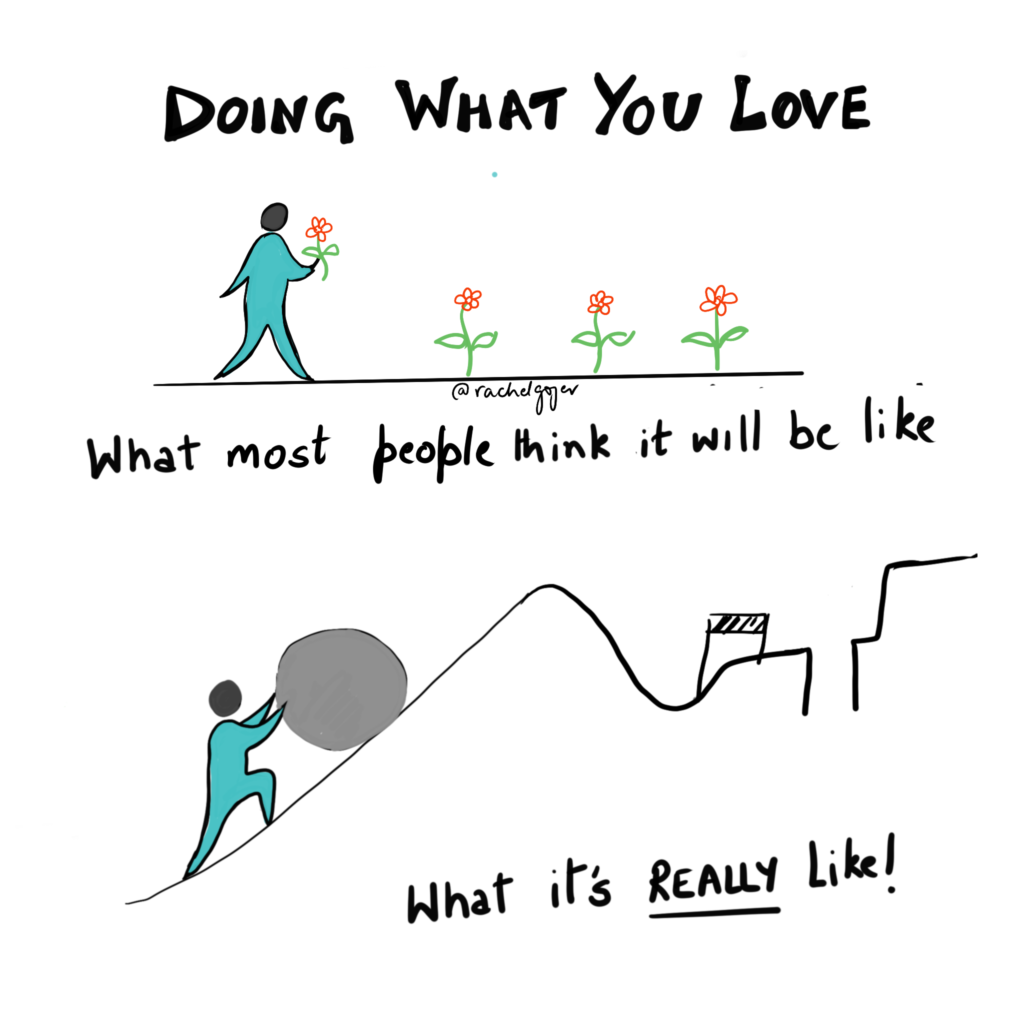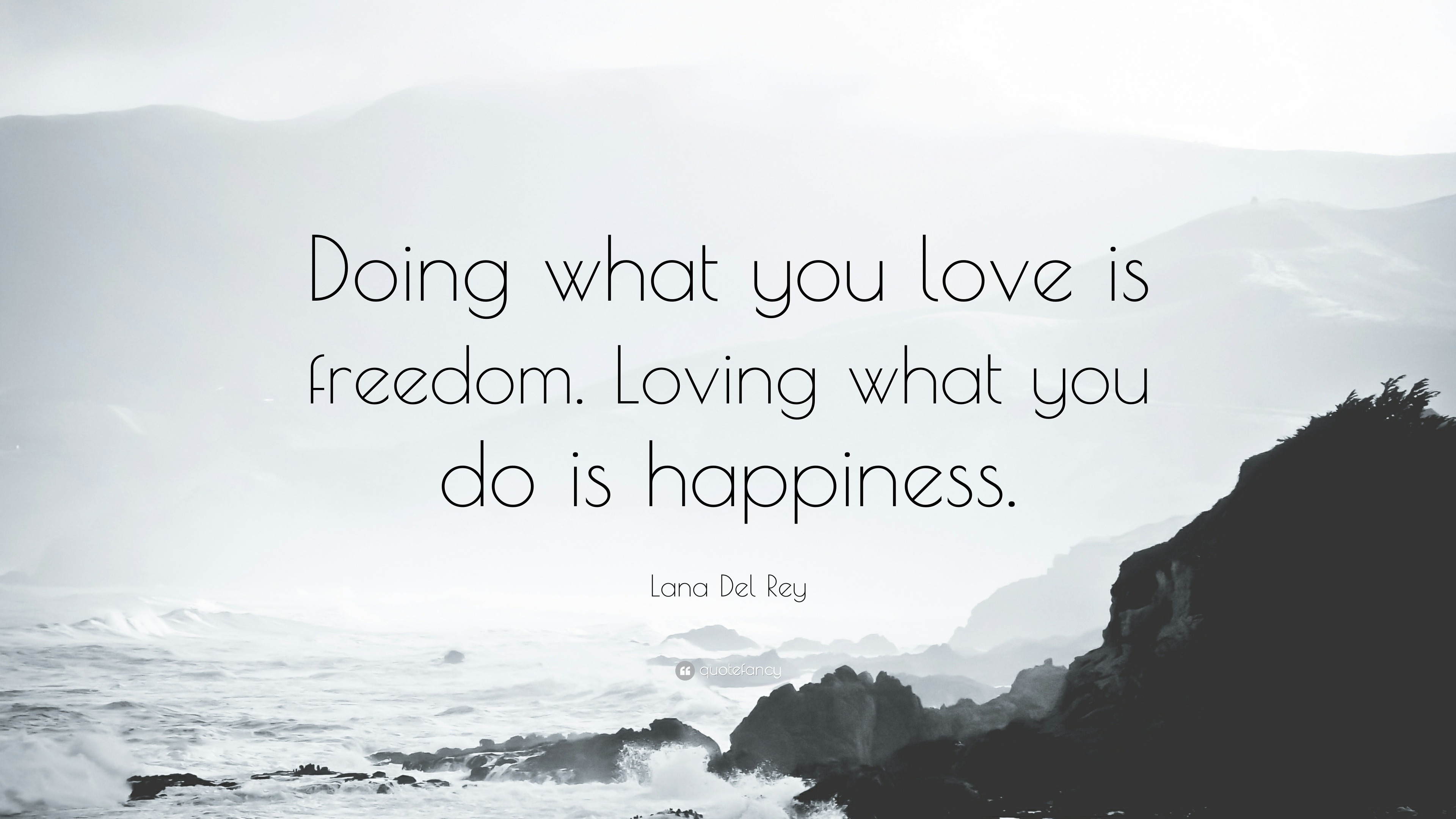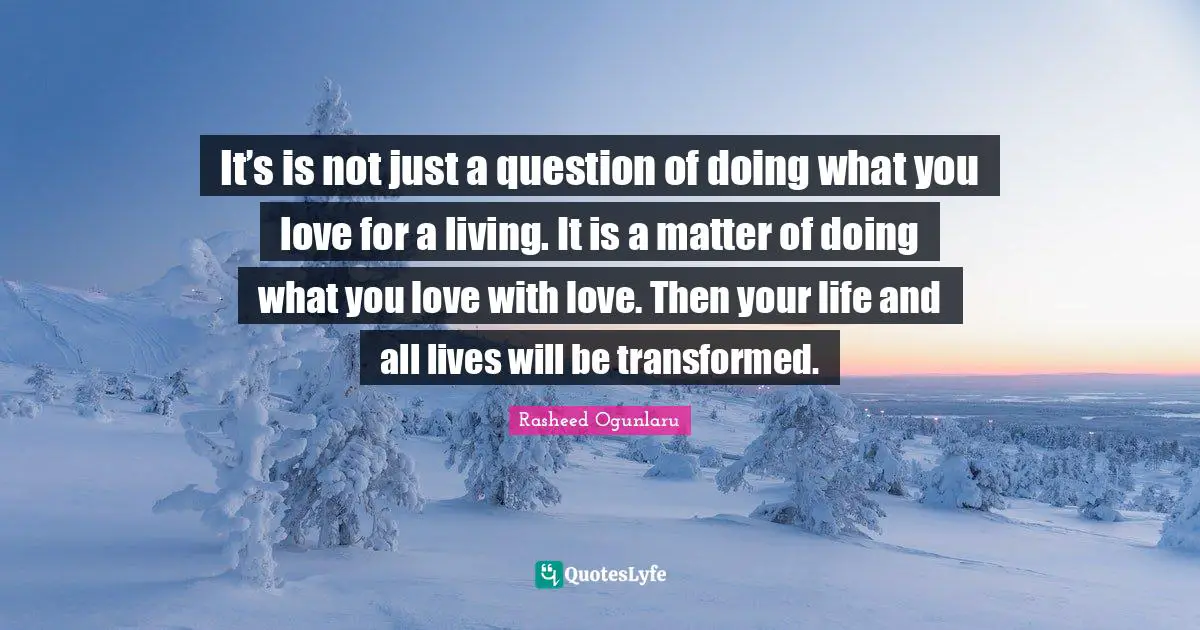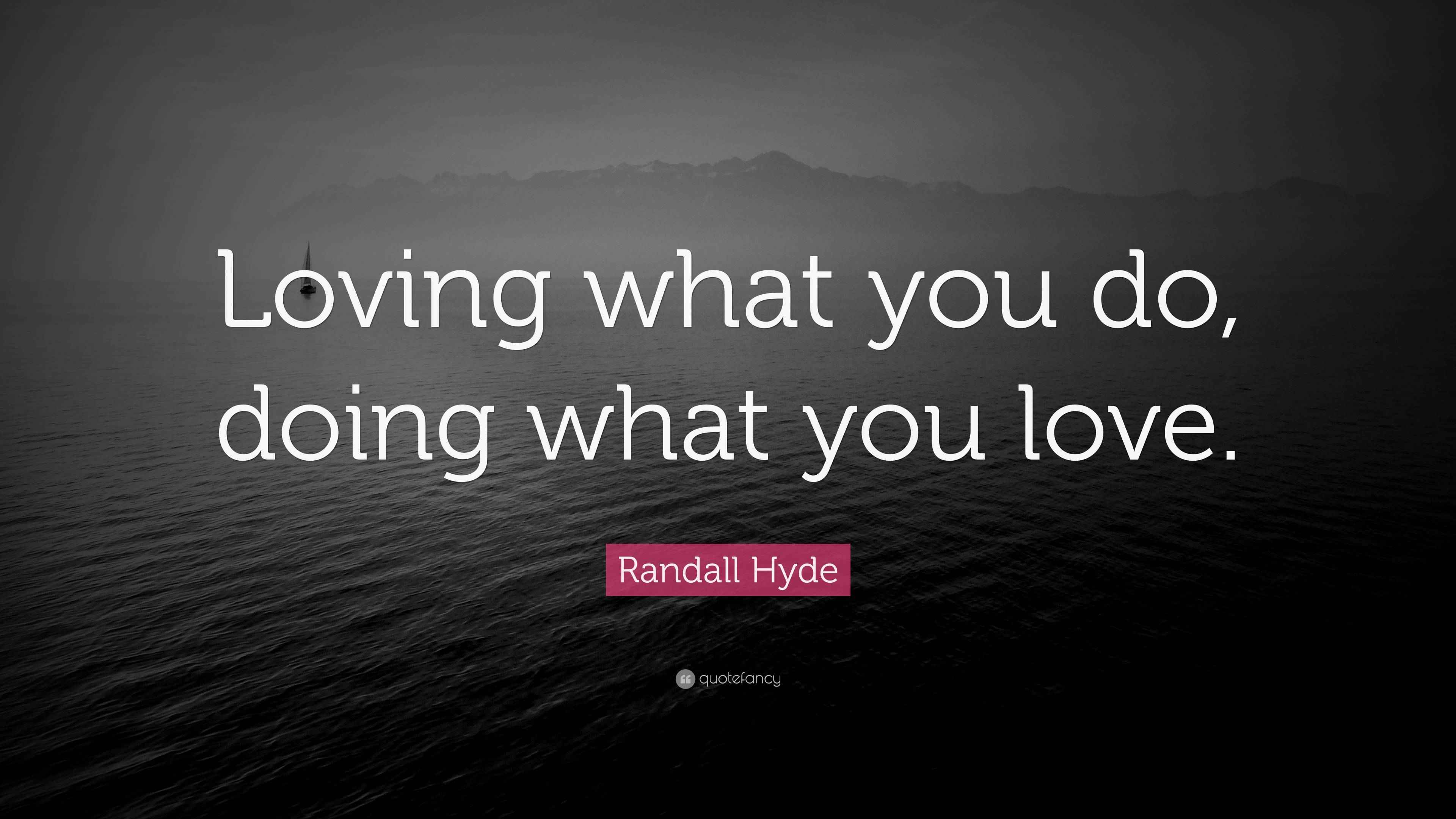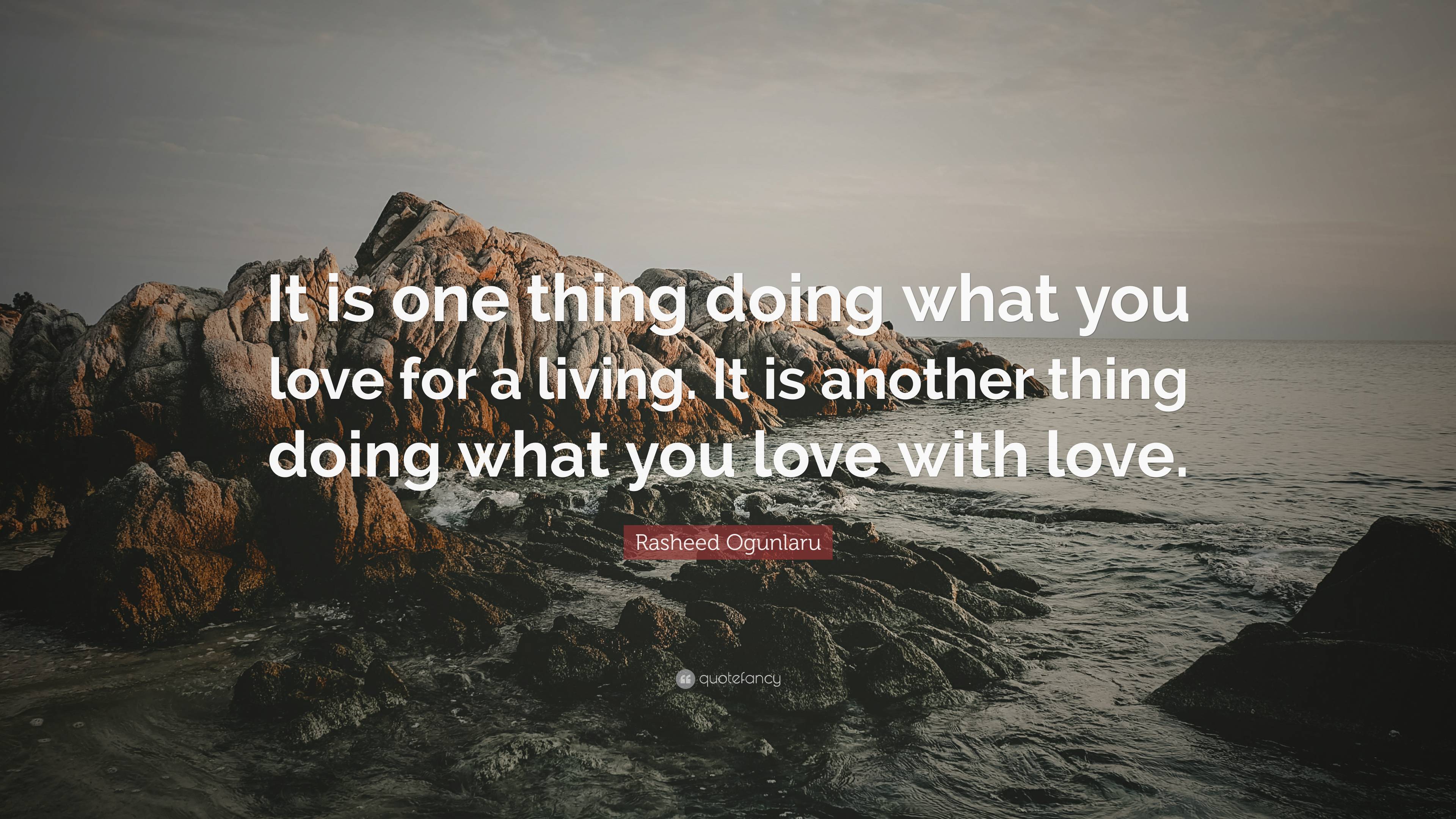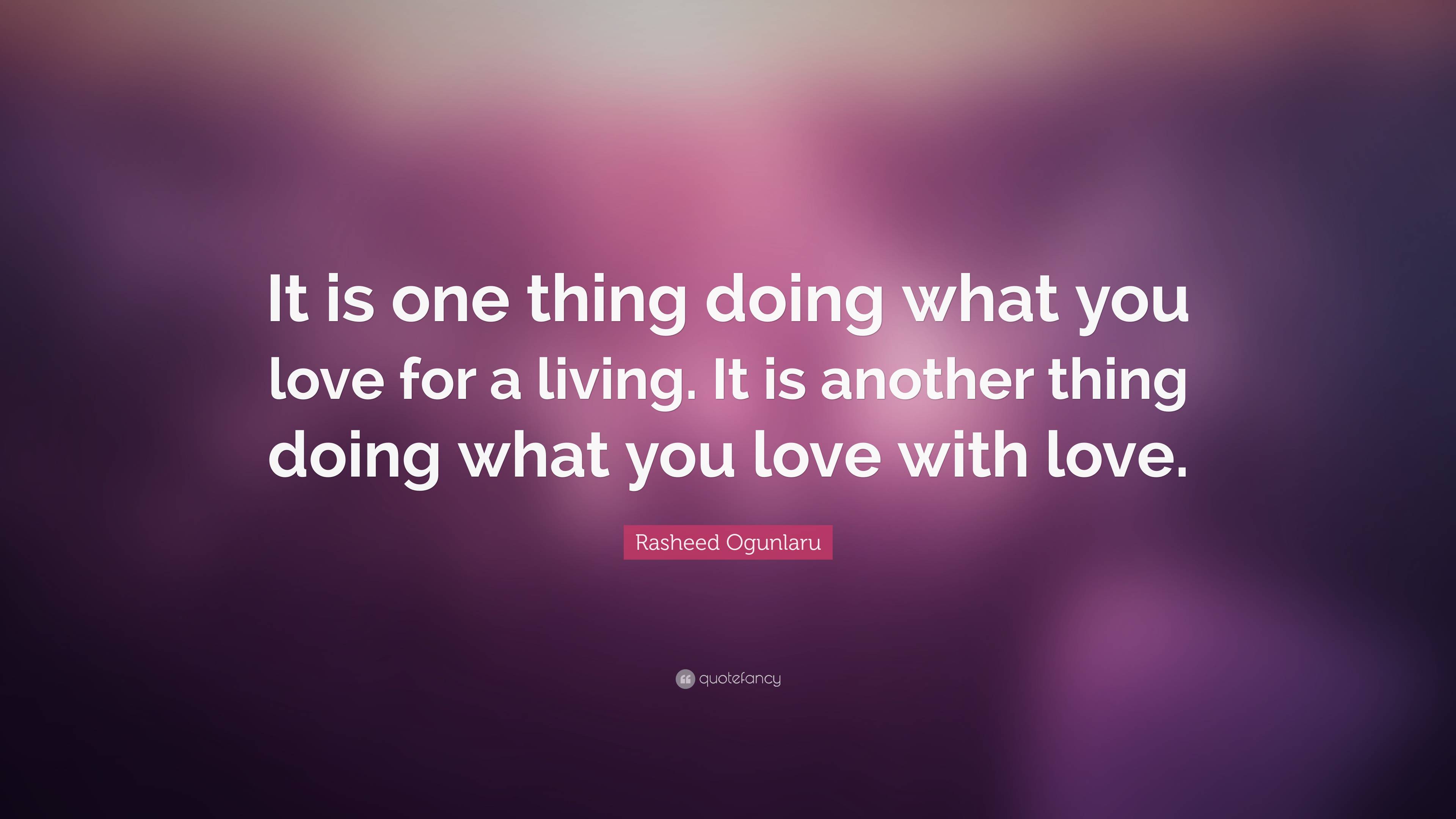The Complicated Reality Of Doing What You Love

The mantra "do what you love, and you'll never work a day in your life" is a pervasive and appealing one, often touted as the key to career fulfillment. But the reality is far more nuanced, as many individuals are discovering the complicated intersection of passion and profession. Finding success and satisfaction when pursuing your passions as a career path presents unique challenges and considerations that often go unacknowledged.
At its core, the idea suggests that aligning passion with profession leads to effortless success. Yet, this simplistic view overlooks the inherent demands of the professional world. This can lead to disillusionment and burnout, especially for those entering fields they deeply care about.
The Allure and the Pitfalls
The attraction to turn a hobby or passion into a career is understandable. Increased motivation and a stronger sense of purpose are often cited as benefits.
However, experts like Dr. Amy Wrzesniewski, a professor of organizational behavior at Yale University, argue that transforming a passion into a job can fundamentally alter one's relationship with it. The introduction of financial pressures, performance metrics, and the need to market and monetize one's skill can change everything.
"When work becomes a way to express our passion, there's a risk that we'll become less focused on the impact our work has on others and more focused on what it does for us," says Dr. Wrzesniewski.
The Financial Reality
One of the most significant challenges is financial viability. Pursuing a passion often means accepting lower pay or enduring long periods of instability, especially in fields like the arts, creative writing, or non-profit work.
According to data from the Bureau of Labor Statistics (BLS), many occupations associated with artistic expression have lower median salaries compared to more traditional fields. Competition is fierce, and securing consistent, well-paying work can be extremely difficult.
Sarah Chen, a freelance photographer based in New York City, shares her experience. "I love photography, but making a living from it is a constant hustle. I have to balance creative projects with commercial work to pay the bills."
The Pressure to Perform
Another hurdle is the pressure to maintain passion in the face of professional demands. What was once a source of joy can become a source of stress when deadlines loom and clients' expectations must be met.
The constant need to improve, market oneself, and stay relevant in a competitive industry can erode the initial enthusiasm. This creates a cycle of pressure that stifles creativity and enjoyment.
Burnout is a real concern. A study by the World Health Organization (WHO) recognizes burnout as an occupational phenomenon characterized by exhaustion, cynicism, and reduced professional efficacy.
Redefining Success
Despite the challenges, it is still possible to find fulfillment by integrating passion into one's professional life. However, this requires a realistic approach and a willingness to redefine success.
Some experts suggest separating passion projects from one's primary source of income. This allows individuals to pursue their interests without the pressure of relying on them for financial stability. Others advocate for setting clear boundaries between work and personal time to prevent burnout.
Ultimately, the decision to pursue a passion as a career is a personal one. It's essential to weigh the potential rewards against the inherent challenges and to approach the endeavor with both enthusiasm and a pragmatic understanding of the realities of the professional world.

